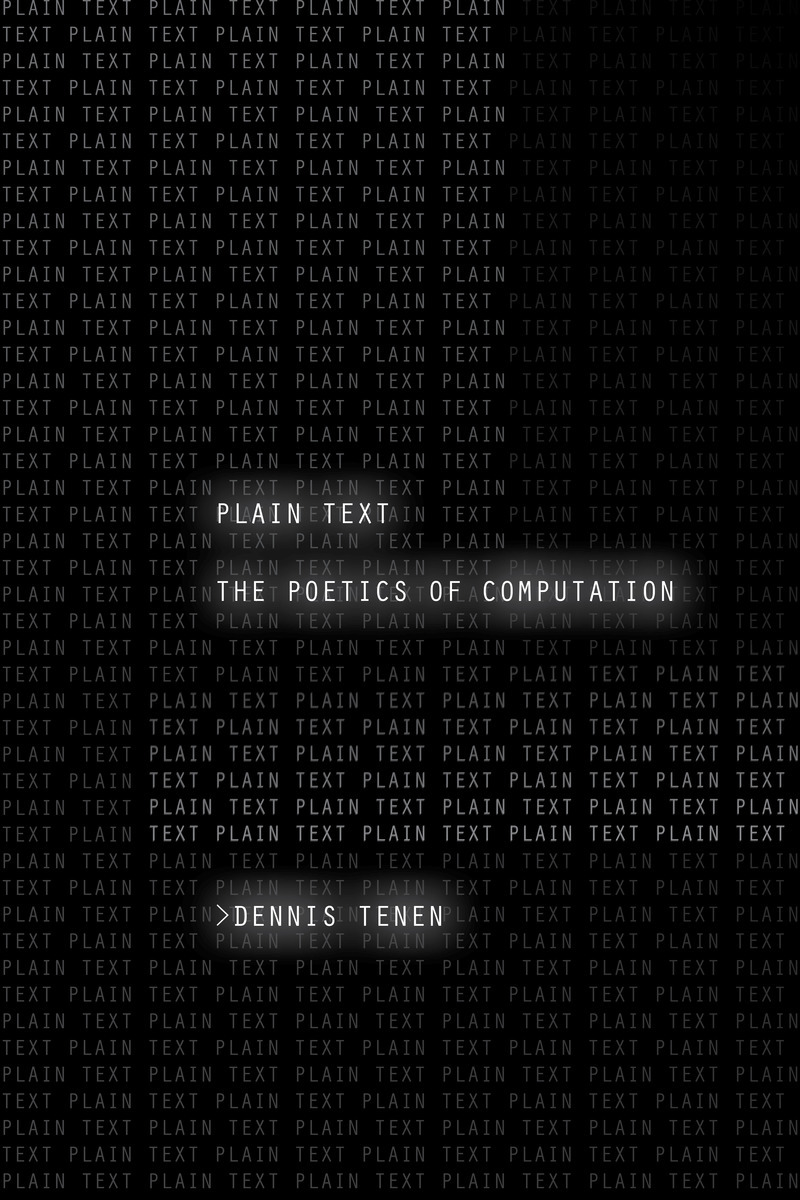Plain Text
Stanford, 2017
Lucid and legible map to our often vertiginous computational climate.— James Edward Draney, Los Angeles Review of Books
A clear, forceful case for computational poetics as a necessary literary practice in the digital age.— N. Katherine Hayles, Critical Inquiry
A vibrant call to rethink the two culture debate in broad cultural and political terms.— Jan Baetens, Leonardo
A sharp and imaginative contribution to the debates around what it means to produce, read, and process texts in the era of digital culture.— Matthew Fuller, Goldsmiths, University of London
An essential read for those interested in text.— Ray Siemens, University of Victoria
Valuable connections between long-standing critical engagements with poetic composition and current digital writing practices emerge from precise and informed attention to [historical] sources.— Johanna Drucker, UCLA
This book challenges the ways we read, write, store, and retrieve information in the digital age.
Computers—from electronic books to smart phones—play an active role in our social lives. Our technological choices thus entail theoretical and political commitments. Dennis Tenen takes up today’s strange enmeshing of humans, texts, and machines to argue that our most ingrained intuitions about texts are profoundly alienated from the physical contexts of their intellectual production. Drawing on a range of primary sources from both literary theory and software engineering, he makes a case for a more transparent practice of human–computer interaction.
Plain Text is thus a rallying call, a frame of mind as much as a file format. It reminds us, ultimately, that our devices also encode specific modes of governance and control that must remain available to interpretation.